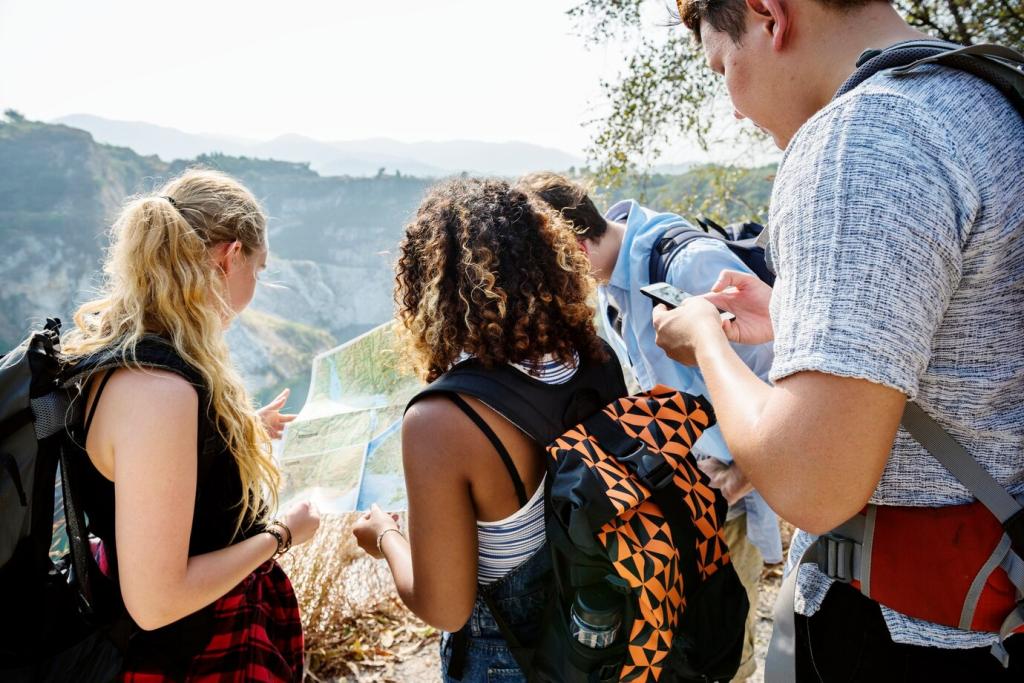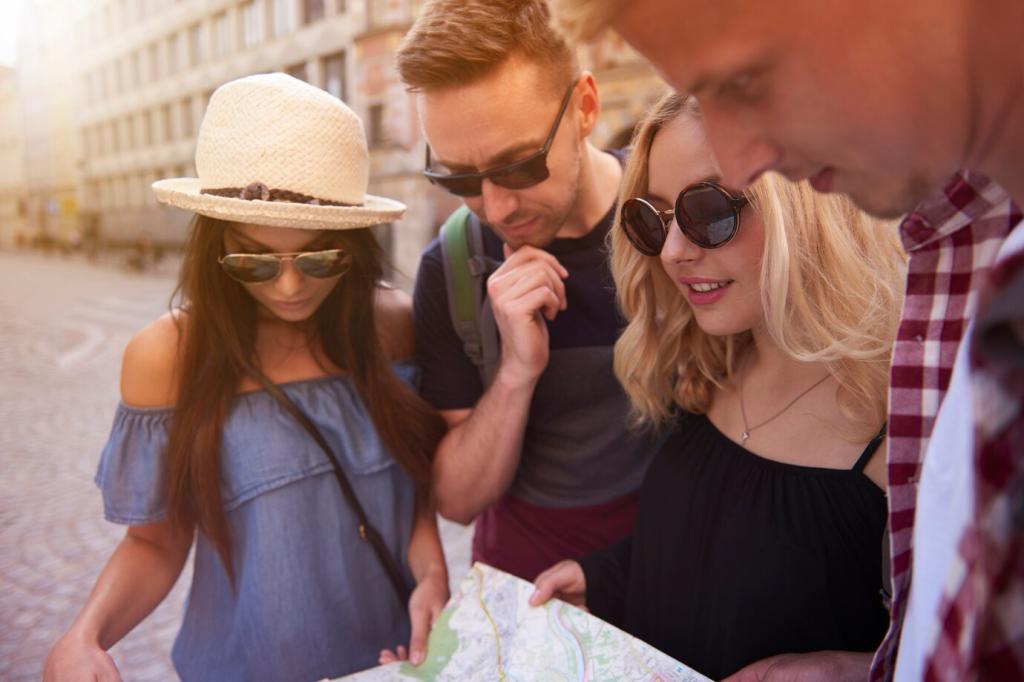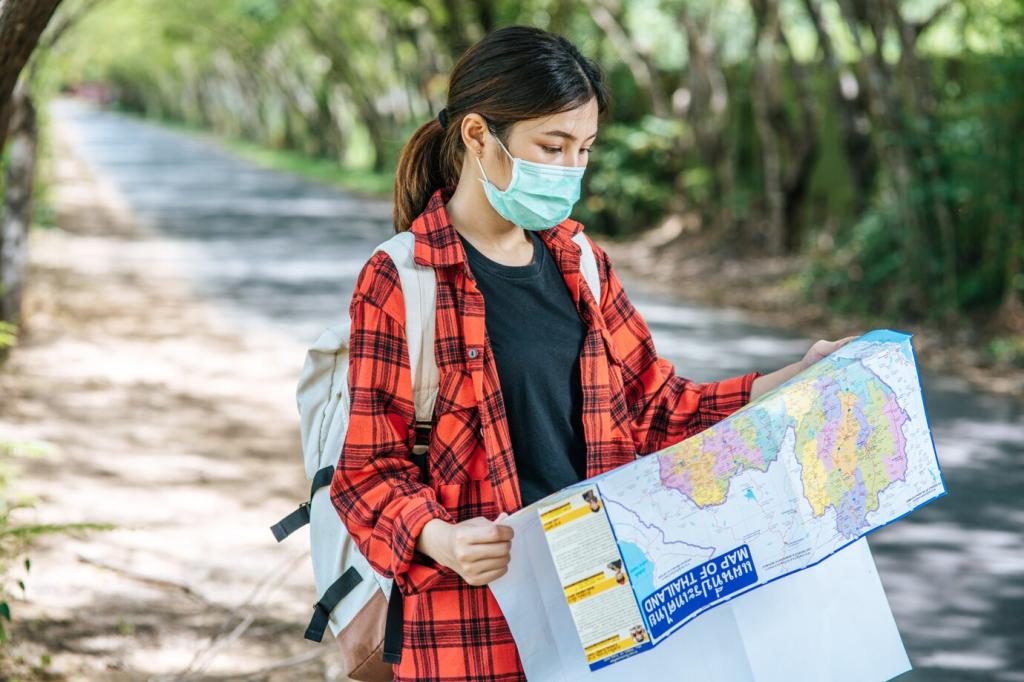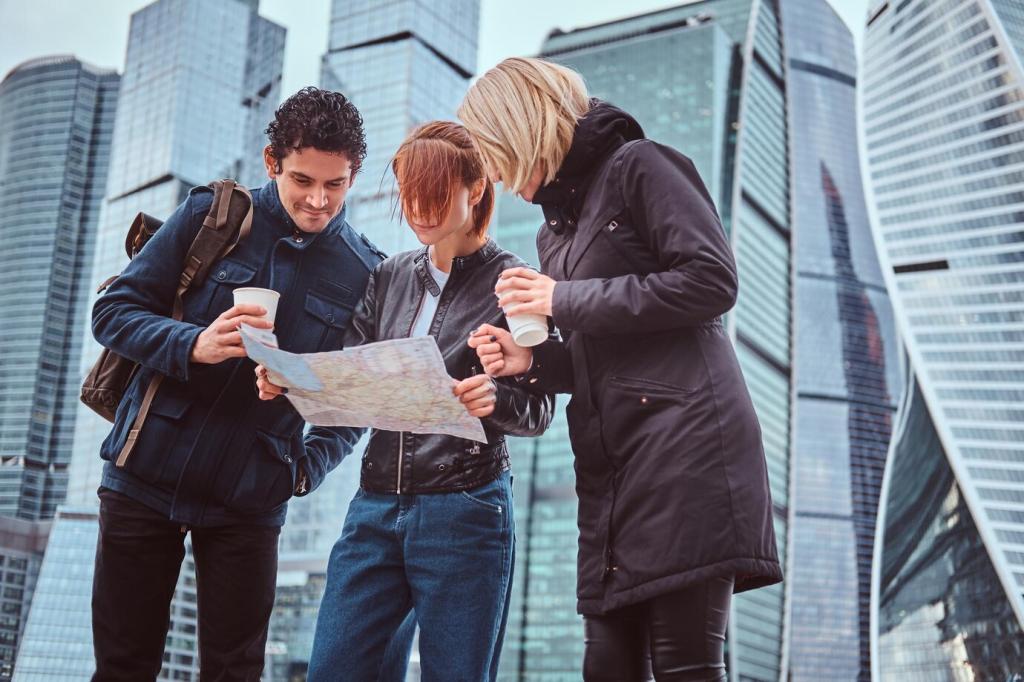
Cultural Sensitivity Training for Tour Guides
Cultural Sensitivity Training for Tour Guides is designed to enhance the experiences of travelers, foster mutual respect, and bridge cultural gaps. As the tourism industry becomes increasingly globalized, the role of tour guides as cultural ambassadors becomes critical. This web page provides in-depth insights into how cultural sensitivity training can equip guides to navigate diverse backgrounds, beliefs, and expectations. Understanding and applying these principles not only improves customer satisfaction but also contributes to the positive reputation of tour organizations and destinations worldwide.
Understanding Cultural Sensitivity
Defining Cultural Sensitivity
Cultural sensitivity goes beyond simply tolerating differences; it is the proactive acknowledgment and appreciation of diverse viewpoints, customs, and traditions. For tour guides, it means adjusting communication styles, being aware of cultural taboos, and demonstrating respect for all individuals. Developing this competency through training leads to better interactions with guests from around the world and prevents inadvertent offense. Guides who understand the nuances of cultural sensitivity can effectively mediate potential conflicts and foster inclusive environments that encourage cultural exchange and learning.
Why It Matters in Tourism
Tourism involves the convergence of people from diverse backgrounds. Guests may have different expectations about behavior, language use, and social etiquette. Cultural sensitivity training prepares guides to recognize and respect these differences, enhancing the overall guest experience. When tour guides demonstrate cultural sensitivity, they set a positive tone for the entire group, which can reduce friction and misinformation. More importantly, culturally sensitive guides become trusted sources of information and inspire travelers to engage more deeply with local communities in responsible, meaningful ways.
Key Components of Sensitivity
Effective cultural sensitivity training encompasses several key components: empathy, adaptability, and knowledge. Empathy allows tour guides to relate to guests’ feelings and perspectives, even when they differ from their own. Adaptability helps guides remain flexible in their approach, adjusting tours and commentary based on the composition of their group. Knowledge refers to understanding specific customs, religious practices, historical contexts, and appropriate behaviors. Together, these elements ensure that cultural sensitivity is not just an abstract concept but a practiced, tangible skill in daily interactions.
Benefits of Culturally Sensitive Tour Guiding
Enhancing Guest Satisfaction
Culturally sensitive tour guides create memorable experiences tailored to the unique needs and preferences of diverse guests. By recognizing and addressing cultural differences, guides make each participant feel valued and comfortable. This results in higher levels of satisfaction, as guests are more likely to perceive the tour as respectful and inclusive. Increased guest satisfaction also translates to stronger reviews and recommendations, which are crucial for the success and growth of any tour business.
Strengthening Professional Reputation
A tour operator’s or guide’s reputation is closely linked to their ability to manage cross-cultural interactions gracefully. Culturally insensitive behavior can quickly damage credibility and trust, while sensitivity demonstrates professionalism and reliability. Guides who excel in these areas are more likely to be recommended by travelers and receive repeat bookings. The reputation of being culturally aware not only attracts more customers but also enables partnerships with organizations seeking responsible tourism practices.
Promoting Ethical and Responsible Tourism
Cultural sensitivity training supports ethical tourism by ensuring that local customs, sacred sites, and communities are treated with respect. Guides who are aware of local protocols can educate guests on appropriate behavior, reducing risks of cultural offenses and environmental damage. This approach contributes to the sustainability of destinations and the well-being of host communities. Ultimately, such training aligns tour operations with global standards for responsible tourism, which is increasingly important for travelers, businesses, and regulators alike.

Effective communication is at the heart of bridging cultural divides. This encompasses not just language proficiency but also nonverbal cues, active listening, and the ability to clarify misunderstandings. Guides should be trained to recognize different communication styles—some cultures value directness, while others prefer subtlety. Cross-cultural communication training enables guides to adapt their approach depending on the audience, ensuring that messages are clear, contextually appropriate, and respectful at all times.

Facing Challenges and Overcoming Barriers

Language and Communication Barriers
Tour guides frequently host guests who speak different languages or use varying idiomatic expressions. Miscommunications can easily occur, leading to confusion or frustration. Training helps guides develop basic language skills, utilize translation tools, and communicate through universally understandable gestures. The ability to bridge these linguistic gaps ensures that all guests receive the intended information and feel included. Proactively addressing communication barriers demonstrates professionalism and enhances overall tour quality.

Managing Preconceptions and Biases
Everyone harbors conscious or unconscious biases based on their upbringing, media exposure, or personal experiences. These preconceptions can affect the way information is presented or how different individuals are perceived. Cultural sensitivity training includes exercises that help guides identify and challenge their assumptions, replacing them with informed, respectful perspectives. By acknowledging biases and striving for objectivity, guides become better equipped to treat every guest with equality and empathy, regardless of background.

Dealing with Unexpected Cultural Issues
Even with thorough preparation, unexpected cultural challenges may arise during tours. Plans can be disrupted by local customs, holidays, or unpredictable guest behavior. Well-trained guides remain calm and adaptable, drawing from their knowledge and experience to resolve issues on the spot. Whether it’s negotiating with local vendors, mediating group disputes, or adjusting itineraries to respect local rituals, successfully navigating these situations evidences a high level of cultural sensitivity and leadership.
Practical Strategies and Scenarios
Role-Playing and Simulation
Role-playing and simulation exercises are a cornerstone of practical training, allowing tour guides to act out common and uncommon scenarios. These exercises expose guides to the emotional realities of cross-cultural interactions, building empathy and swift problem-solving abilities. By rehearsing how to greet guests, explain cultural norms, or handle misunderstandings, guides receive immediate feedback in a safe environment. Over time, familiarity with various scenarios cultivates intuition and presence, empowering guides to act appropriately in real situations.
Reflection on Real Experiences
Reflective practice encourages guides to analyze past tours, identify what went well, and pinpoint areas for improvement. This could involve discussing challenging guest interactions, unexpected cultural faux pas, or moments of successful cultural exchange with peers and trainers. Critically examining these experiences fosters personal growth and ongoing learning, helping guides refine their approach. Sharing and learning from real stories also builds a supportive community of professionals dedicated to high standards of cultural sensitivity.
Developing Personal Action Plans
Theoretical knowledge must translate into actionable steps. Training programs encourage guides to create personal action plans outlining concrete goals for behavior improvement, knowledge acquisition, and ongoing education. These plans may include learning new languages, studying specific cultures more deeply, or seeking regular feedback from peers and guests. With a structured plan, guides maintain momentum beyond initial training, ensuring that cultural sensitivity remains a touchstone throughout their careers.
Ongoing Education and Continuous Learning
Tourists’ demographics, expectations, and cultural backgrounds shift rapidly in today’s interconnected world. Guides must keep up-to-date with global trends in travel, emerging markets, and relevant societal issues. This might include learning about new religious holidays, understanding political spaces in host countries, or studying cultural symbols gaining global prominence. Staying informed ensures that guides anticipate guest needs, deliver timely information, and remain relevant as both educators and companions in the travel experience.
